Home » Nursing Home Abuse Lawyer » Indiana Nursing Home Abuse Lawyer » Indiana Nursing Home Injuries
Placing a loved one in a nursing home is a tough decision, built on trust. You expect competent care and safety. Yet, injuries happen far too frequently in these facilities, and frankly, many aren’t simple “accidents.”
Often, injuries stem from negligence, understaffing, or outright abuse. If you suspect something is wrong with the care your family member is receiving in an Indiana nursing home, you’re right to question it. There are steps you can take to protect them and explore accountability.
Feeling overwhelmed and unsure where to turn? TopDog Law connects people like you with experienced Indiana nursing home injuries attorneys. Call us now, and we can help you find a lawyer in your area who can look into your situation.
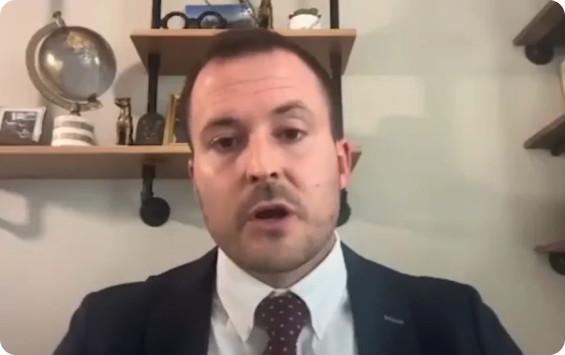
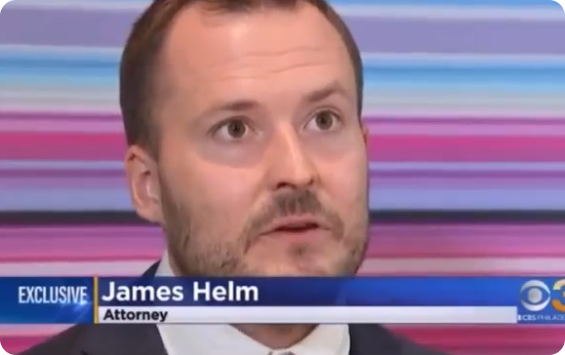

You did the research, toured the facility, met the staff. You chose a place you believed would provide the care your loved one needs and deserves. Now, an injury, or a pattern of issues, makes you second-guess everything.
This is a fundamental breakdown in the expected standard of care. Nursing homes have a responsibility to their residents, and when they fail, the consequences can be severe, leaving families feeling betrayed and angry.
The glossy brochures don’t show the potential reality: sometimes staff are overworked, undertrained, or proper protocols aren’t followed. When that happens, residents are the ones who suffer.
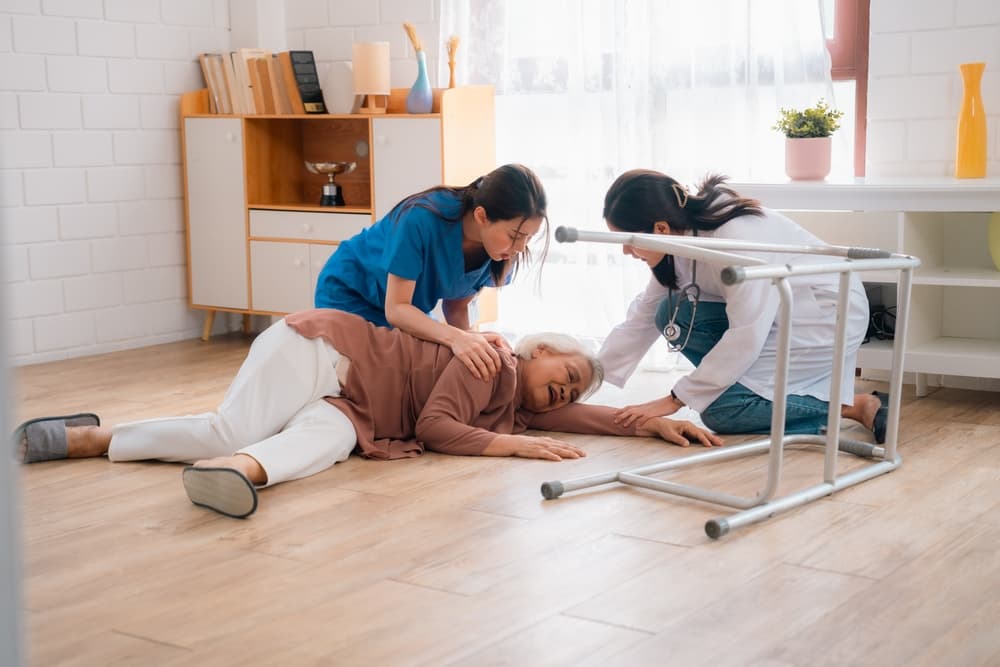
Nursing homes in Indiana operate under specific legal obligations. Your loved one doesn’t lose their rights just because they reside in a long-term care facility. Both federal law and state law protect them.
The federal Nursing Home Reform Act (OBRA ’87) sets national standards. Additionally, Indiana law provides specific protections. For instance, Indiana Code Title 12, Article 10, Chapter 13 (IC 12-10-13) outlines the “Rights of Persons in Health Facilities.”
Key rights under these laws generally include:
Knowing these rights empowers you to advocate effectively for your family member.
Seeing the problem is one thing; doing something constructive about it is the next step. Once you suspect neglect or abuse and have ensured your loved one’s immediate medical needs are addressed, focus on these actions:
You might be exhausted, emotionally drained, and wondering if pursuing this further is worth the energy. It’s a valid feeling. But taking action serves multiple purposes.
It’s about accountability. Nursing homes that provide substandard care need to face consequences. Pursuing a claim can force them to address staffing issues, improve training, or change dangerous practices. This can help prevent similar harm from happening to other residents down the line.
It’s also about seeking justice for what your loved one endured. Compensation obtained through a legal claim can help cover medical expenses resulting from the injury, pay for better care elsewhere if needed, and acknowledge the pain and suffering caused by the negligence or abuse.
A qualified attorney can assess the damages and advise on the potential for financial recovery based on the specifics of the case.
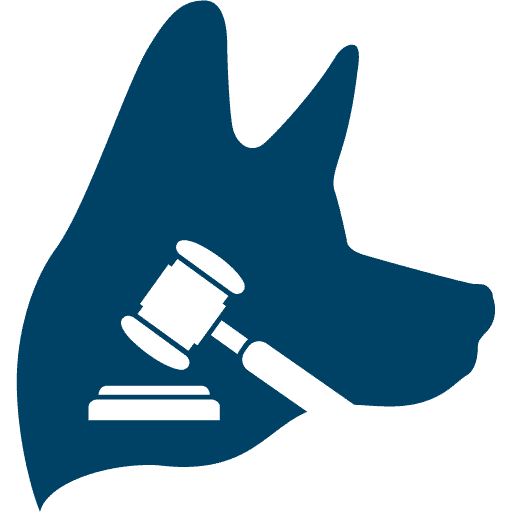
Don’t let your questions go unanswered or your concerns unaddressed. TopDog Law is ready to help you take the first step towards finding legal support.
Call us today at (463) 294-0667. We will connect you with a local Indiana personal injury attorney who can evaluate your family’s situation and advise you on the path forward.
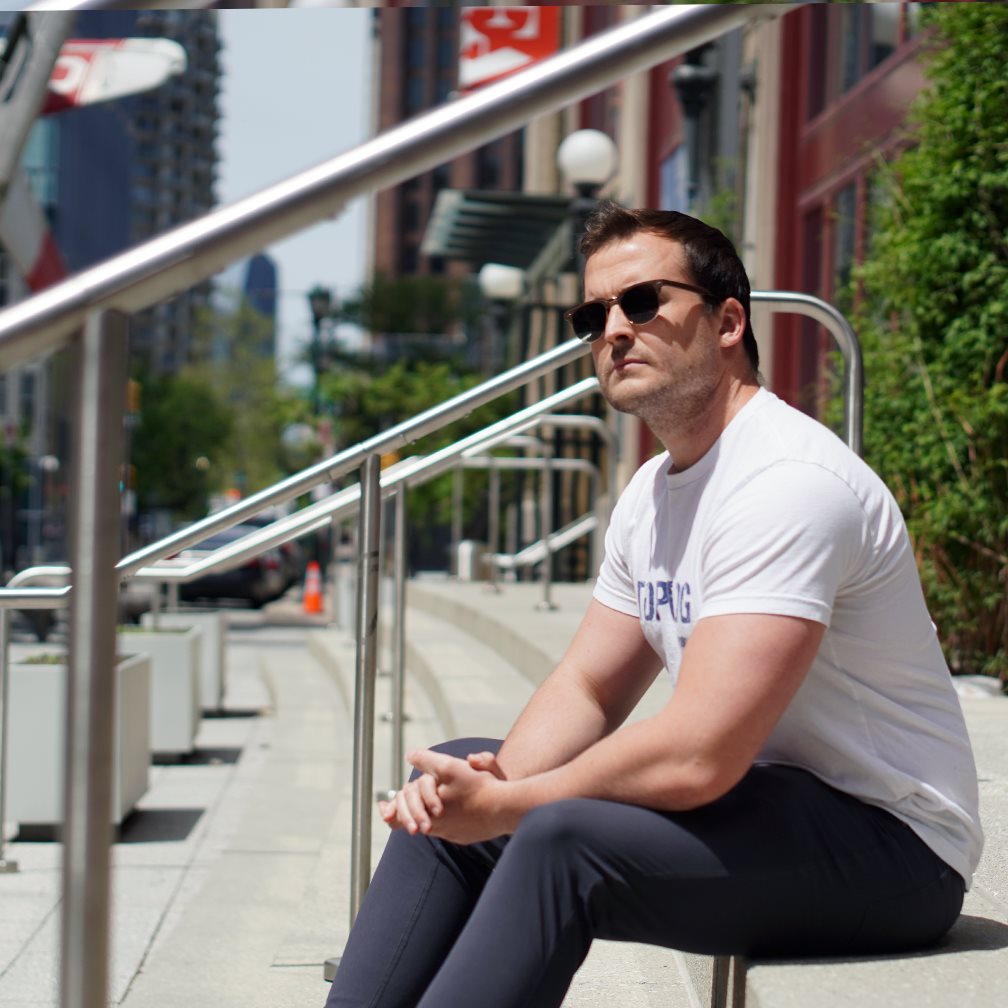
863 Massachusetts Ave 2nd floor Suite B
Indianapolis, IN 46204
TopDog Law is known for its relentless pursuit of justice. Our experienced team fights tirelessly to secure maximum compensation for our clients, ensuring every case is handled with dedication and determination.
We understand the emotional and financial toll that personal injuries can take. That’s why we prioritize open, compassionate communication and provide tailored support throughout the legal process. With free consultations and a contingency fee model, you won’t pay a dime unless we win your case.
With TopDog Law on your side, you can rest assured that you have a tenacious, experienced team fighting to get you the compensation you deserve, no matter where you’re located.
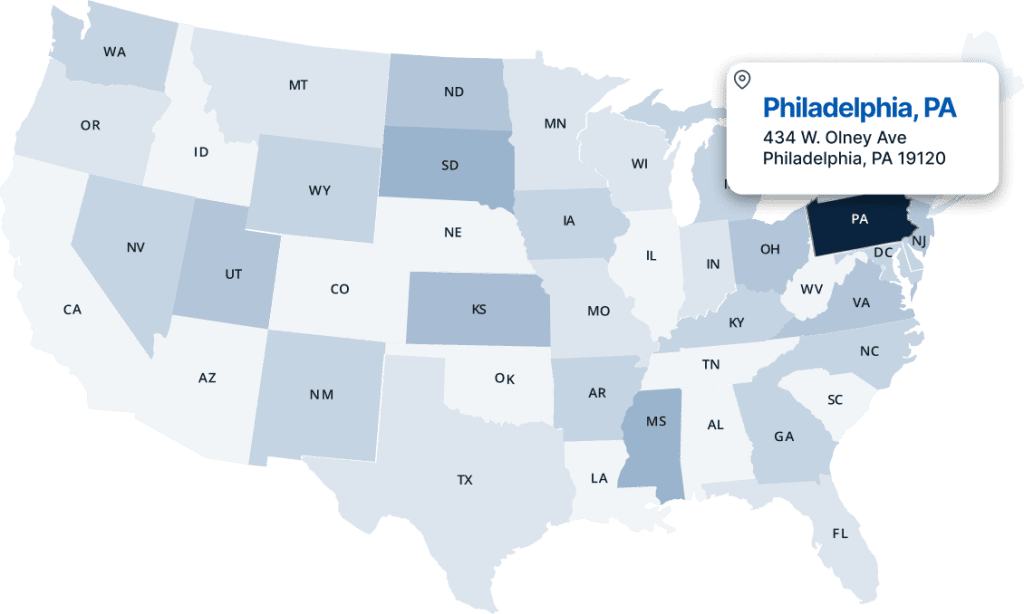
TopDog Law is a national marketing network for law firms, including Helm Law Group, LLC, which license the TopDog Law name and separately operate in states where they are each licensed. James Helm is licensed to practice in Arizona and Pennsylvania. Helm Law Group, LLC operates in Arizona.
3225 Cumberland Blvd, Ste 100
Atlanta, GA 30339
1 South St, Suite 2125A
Baltimore, MD 21202
950 22nd Street N. Suite 600
Birmingham, AL 35203
361 Newbury Street, 3rd Floor
Suite 310
Boston, MA 02115
305 E 204th St.
Bronx, NY 10467
215 E 5th St, Unit 1 Suite 400-3
Brooklyn, NY 11218
1207 Delaware Ave, Suite 012
Buffalo, NY 14209
101 N Tryon St. Suite C
Charlotte, NC 28246
6343 S Western Ave.
Chicago, IL 60636
2215 E 9th St, Suite A
Cleveland, OH 44115
4750 44th Place, Suite 120-P23
Phoenix, AZ 85040
1300 S Polk St Suite 295B
Dallas, TX 7522
66 S Logan St Suite B
Denver, CO 80209
645 Griswold Street, Suite 1309
Detroit, MI 48226
2925 Richmond Ave., Suite 1560A
Houston, TX 77098
863 Massachusetts Ave 2nd floor Suite B
Indianapolis, IN 46204
317 E Capitol St suite 200C
Jackson, MS 39201
1701 Troost Ave suite 202b
Kansas City, MO 64108
#8 Shackleford Plaza, Suite 304
Little Rock, AR 72211
8124 W 3rd St, Suite 201
Los Angeles, CA 90048
3385 Airways Blvd Unit 301F
Memphis, TN 38116
1433 N Water St Suite 400D
Milwaukee, WI 53202
600 Mount Prospect Avenue, Suite A
Newark, NJ 17104
66 Franklin St, Suite 300C
Oakland, CA 94607
5627 Germantown Ave Suite 420
Philadelphia, PA 19144
2700 N Central Ave Suite 320B
Phoenix, AZ 85004
6425 Living Place, Suite 200B
Pttsburgh, PA 15206
4625 Lindell Blvd Suite 200 & 300C
St. Louis, MO 63108
5055 E Broadway, Suite C215-228
Tuscon, AZ 85711
1150 Connecticut Ave NW, Suite 802B
Washington, DC 20036
6832 W North Ave Suite 2A
Chicago, IL 60707
3509 Haverford Ave, Suite 102
Philadelphia, PA 19104
Copyright 2025 All Rights Reserved © TopDog Technologies, Inc. and Helm Law Group, LLC
403 Olde House Lane Media, PA 19063
